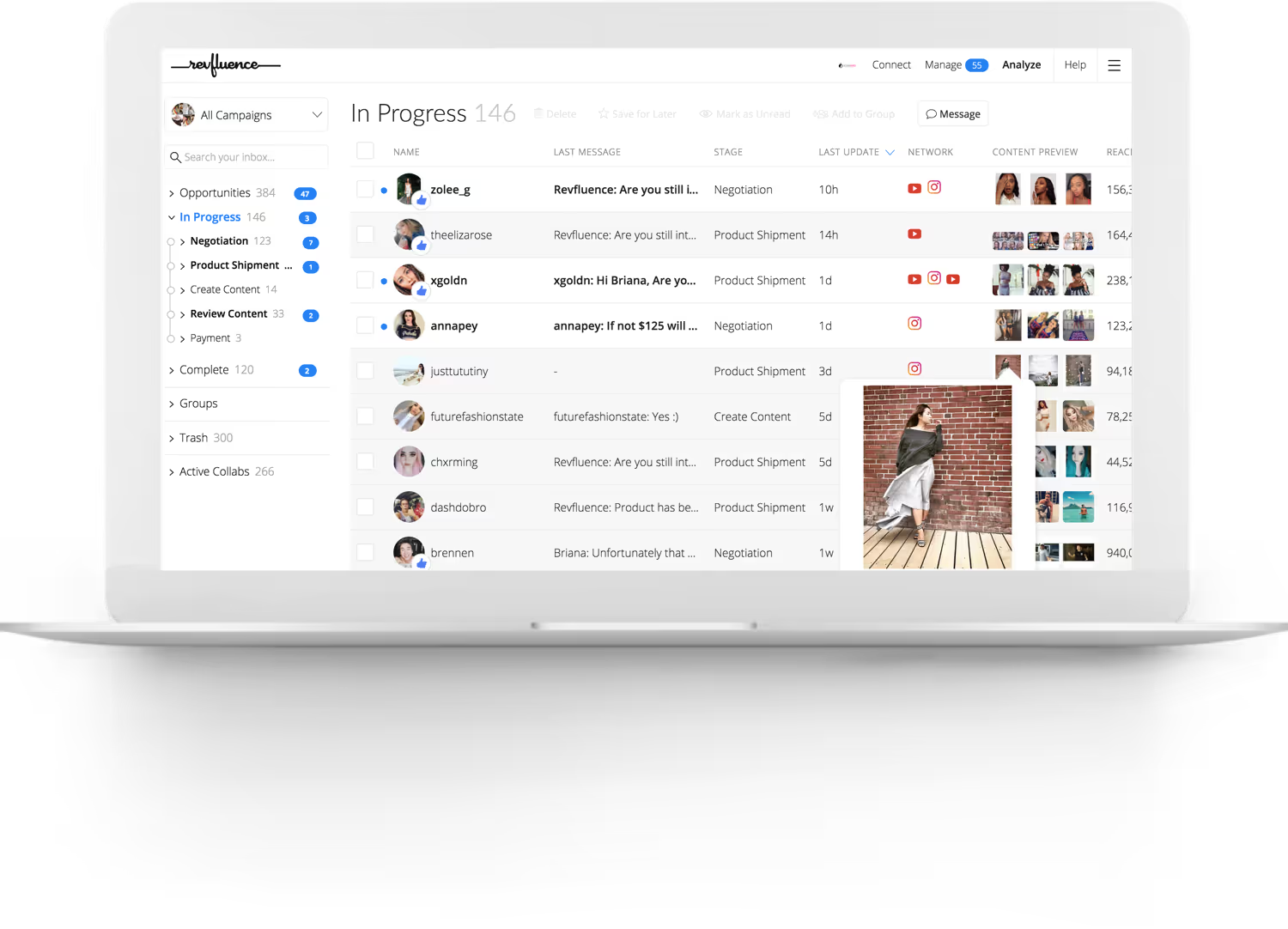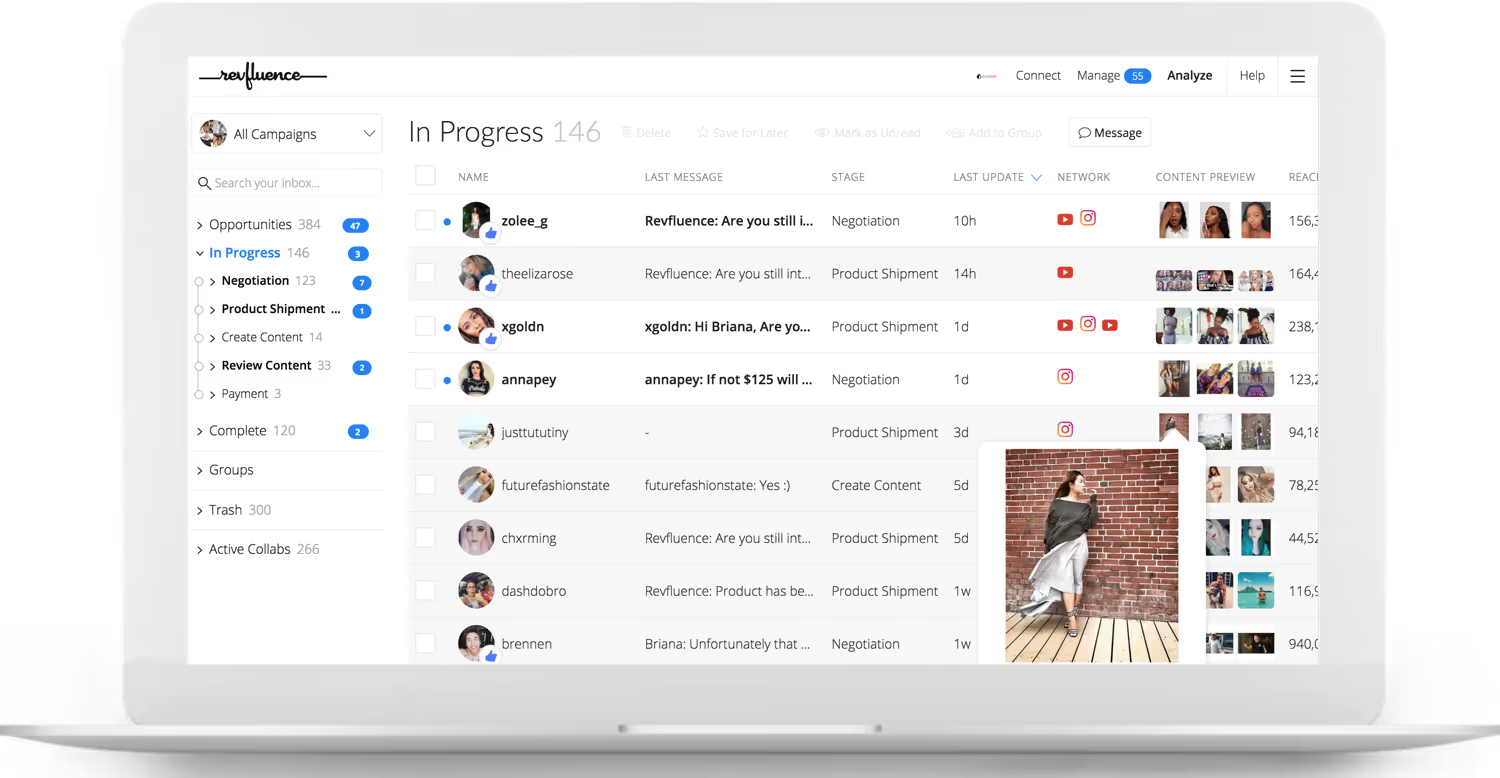Influencer Marketing Platforms Vs. Influencer Marketplaces


With the rapid evolution of the influencer marketing space, there are many tools that brands can utilize to alleviate some of the pain points that come along with managing an influencer program. If you’ve researched influencer marketing solutions in any capacity, you are bound to come across hundreds of companies claiming to be full-service Influencer marketing platforms, or the next best influencer marketplace.But what do these terms mean? What exactly are influencer marketing platforms? And how are they different from influencer marketplaces or databases? Although the answer is simple, differentiating between influencer marketing platforms and marketplaces can oftentimes be difficult at first glance.
What is an Influencer Marketplace?
Influencer marketplaces, also referred to as influencer databases or networks, are essentially software that scrape the web for social media accounts that are identified as “influential” -- generally meaning accounts with over 5,000 followers. Brands can then filter through thousands of influencers by demographics such as gender, content type or location. While influencer marketplaces are adequate tools for influencer identification, there are some things to keep in mind when vetting these softwares:Not a full-service solution Influencer marketplaces only provide brands with a list of influential people. Brands are still required to manually manage other aspects of the collaboration process using cumbersome tools such as email and spreadsheets. Be aware of companies claiming to be influencer marketing platforms. Some influencer networks and databases claim to be full-service solutions but lack all of the tools necessary to manage all aspects of influencer relationships.Quantity not qualityInfluencer marketplaces aim to provide brands with as many search results as possible. If your brand chooses influencers solely based on vanity metrics such as follower count, then this may be okay. However, if you are looking to source influencers who will generate tangible results, influencer marketplaces may not be the best option for you.No vettingIn general, influencer marketplaces do not audit the influencers that populate search results. Therefore, these softwares can be oversaturated with influencers with inappropriate content, suspicious engagement or even fake followers.No exclusivity Most influencer marketplaces have the same roster of influencers-- many of whom may not be opted in to work with brands. There is no exclusivity and brands may therefore have a hard time actually connecting with influencers that are found through these marketplaces.
What is an Influencer Marketing Platform?
Influencer marketing platforms, like Revfluence, are full-service solutions that allow brands (and agencies) to run influencer campaigns from A to Z. Unlike influencer marketplaces, a true influencer marketing platform provides all of the following:Database of high-quality influencersInfluencer marketing platforms also scrape the web for influential social media users. However, unlike influencer marketplaces, the majority of influencers that will appear in search results have opted in to work with brands. Influencers are also vetted for inappropriate content or suspicious engagement so that brands are only presented high quality influencers when completing a search.CRM and workflow toolsBecause influencer marketing platforms are full service solutions, they provide brands with tools that allow them to easily manage all parts of the collaboration process from search, to management. For example, Revfluence Manage allows brands to easily communicate with influencer with features such as group message and auto-message. Brands can also visualize each stage of the process from creating contracts and reviewing content, all the way to payment.Analytics Influencer marketing platforms allow brands to track influencer ROI and campaign metrics. Revfluence has an easy to read dashboard that keeps track of total impressions, media value, and other metrics that allow brands to gather insight and apply learnings to future campaigns.
So which solution is right for your brand?
If your brand is running a small influencer marketing program, meaning less than 5 collaborations per month, or would like to simply test influencer marketing for the first time, then an influencer marketplace may be an adequate solution to get you started. Additionally, because influencer marketplaces have fewer capabilities, they tend to be less expensive than influencer marketing platforms.However, If your brand is ready to scale your influencer marketing program, it would be nearly impossible to do so without the proper tools. For this reason, brands looking for a full-service influencer marketing solution should consider investing in a influencer marketing platform. These powerful tools help brands save dozens of hours per week, by providing management workflow tools, analytics reporting and machine learning that enable brands to run small to large scale influencer programs—with much less manual effort.